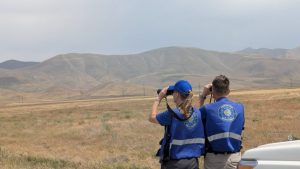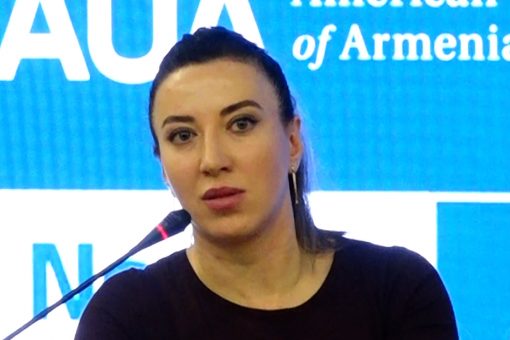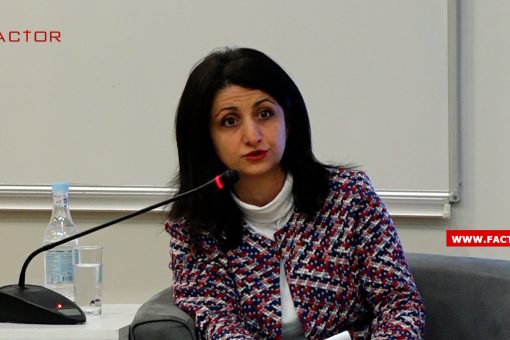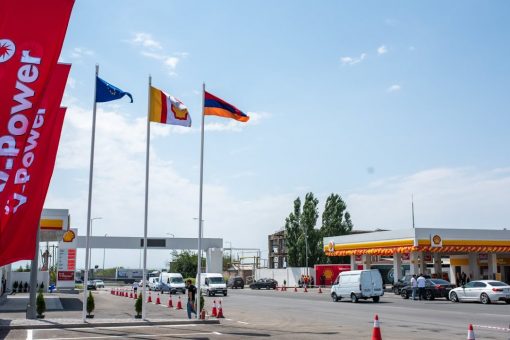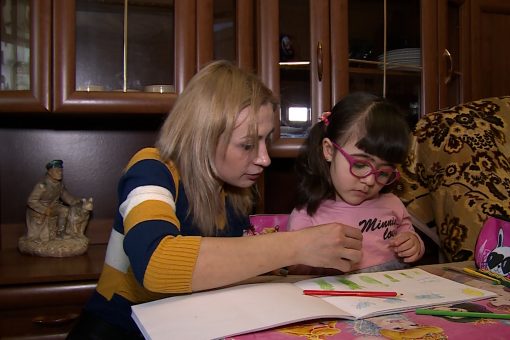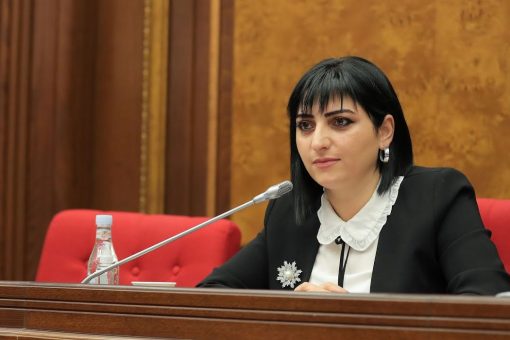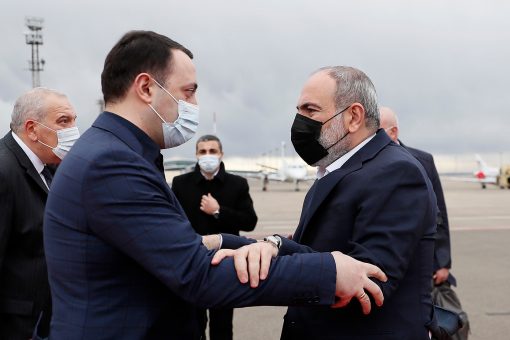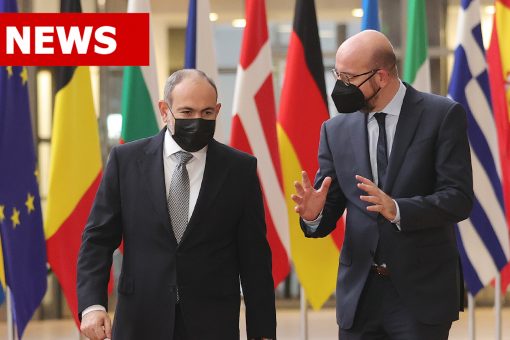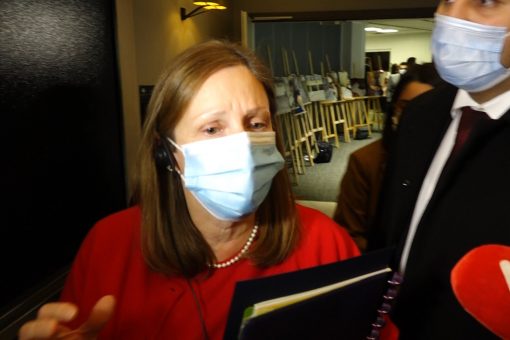FDA, CDC call for pause in use of Johnson & Johnson vaccine after ‘extremely rare’ cases of blood clots
POLITICS
13.04.2021 | 21:37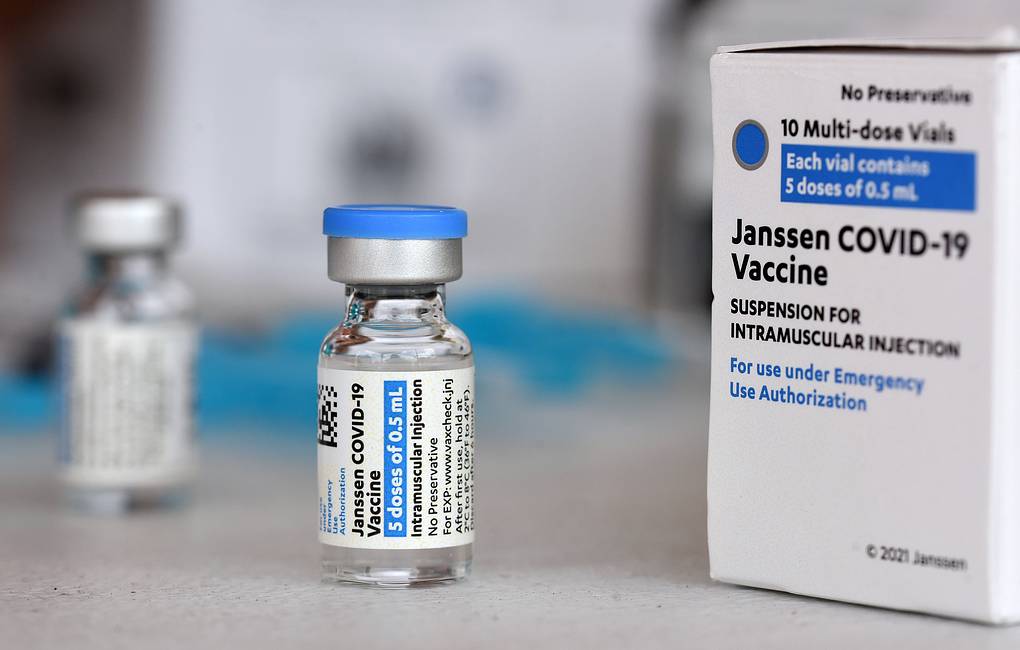
“I’d like to stress these events appear to be extremely rare. However, covid-19 vaccine safety is a top priority for the federal government, and we take all reports of adverse events following vaccination very seriously,” said Janet Woodcock, acting commissioner of the Food and Drug Administration, who said the investigation would move forward rapidly and could conclude in days.
The recommendation resulted in swift action, with the U.S. military and many states announcing they were suspending the use of the single-shot Johnson & Johnson vaccine. More than 7.1 million doses of Johnson & Johnson’s vaccine had been administered throughout the United States as of Tuesday. About 16 million doses have been delivered to states and territories, and through federal channels, since the beginning of March.
The one-shot option has proved popular for people who gravitated to its convenience, and states have deployed it in a variety of settings, from mass vaccination sites to targeted efforts to reach transient populations, such as the homeless. The decision to pause the use of the vaccine in the United States ignited a debate on social media, with some arguing that the risk of covid-19, the disease the virus causes, remained higher than the rare risk of an adverse effect from vaccination.
“I think it’s the prudent thing to do. I think it’s real — this is a rare, but real association,” said Paul A. Offit, a vaccine specialist at Children’s Hospital of Philadelphia. “They want to determine if this is the tip of a bigger iceberg.”
Mark A. Crowther, chair of the Department of Medicine at McMaster University in Canada, said the pause should be used to quickly assess the risk and determine if there are people for whom the risk outweighs the benefit of the vaccine.
But he worried that the attention might fuel vaccine hesitancy, even though the risk of developing a clot after receiving the vaccine appears far lower than the chance of a clotting issue caused by severe covid-19 infection or from using hormonal birth control, such as oral contraceptives.
“Having the FDA or CDC make a decision to very transiently pause the use of this vaccine makes good sense while they investigate it,” Crowther said.
The immediate practical effect of the recommended pause was limited because the overwhelming majority of the 192 million shots administered in the United States have been made by Pfizer-BioNTech and Moderna using a different technology.
The decision to pause vaccination requires regulators to assess the risks of a rare side effect and the risk of covid-19. The CDC will hold a meeting Wednesday of its Advisory Committee on Immunization Practices to review the cases and assess their potential significance, its statement said. The FDA will continue to investigate the cases.
“Until that process is complete, we are recommending a pause in the use of this vaccine out of an abundance of caution,” the statement said. “This is important, in part, to ensure that the health care provider community is aware of the potential for these adverse events and can plan for proper recognition and management due to the unique treatment required with this type of blood clot.”
Regulators in the United Kingdom, for example, found that the risks of covid-19 were greater than the risks posed by the AstraZeneca-Oxford vaccine to all age groups except for adults under age 30 and said those younger adults should be offered other vaccines. Various countries have imposed restrictions on the vaccine, reserving it for older people.
The type of clot, called cerebral venous sinus thrombosis, was seen in combination with low levels of blood platelets, the agencies said. Treatment is different from what might typically be administered; while the anticoagulant heparin is often used to treat blood clots, it may be dangerous to give that drug in this situation. Alternative treatments need to be given, they said.















